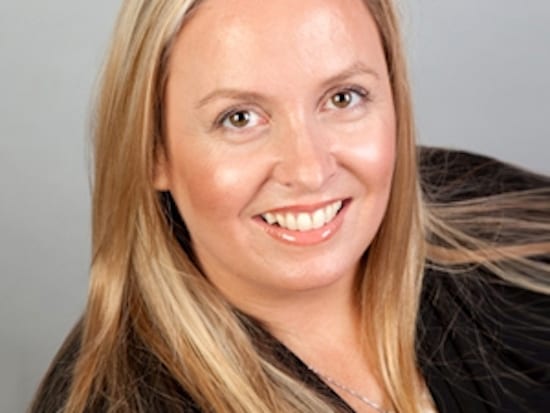
On May 17, women leaders will converge on Canberra for the annual She Leads Conference. Women’s Agenda is pleased to once again support this exciting women’s leadership event as Media Partner. We will be sharing articles over the coming weeks from some of the amazing women who will be speaking at the Conference. To find out more, or to register to attend, visit the She Leads website.
Suzi Skinner is not your typical leadership consultant. As Managing Director of Roar People, Selftalk Pty Limited, Suzi is leading a movement that seeks to redefine how we think about leadership, and cause a significant change in our self-identification as leaders.
“There’s been so much dialogue, whether it’s here or internationally, about scarcity of great leaders. We just don’t have the leaders that we need,” Suzi says. “But actually, that’s because we’re only looking at the top of the hierarchy. Of course, they are the ones that have more decision making power, but they’re not necessarily the ones that are leading.”
Having worked in the field for most of her career, helping organisations and individuals address their leadership challenges, Suzi has been able to identify the key barrier that is holding us back. Our definition of leadership is too narrow, and tied to rigid, traditional ideas of what leadership looks like.
“Leading is actually about having positive influence,’ Suzi says. “That’s the simplest way of defining it. It’s that when I lead, I choose to have a positive influence on others.”
What this means is that, rather than defining your leadership role based on position titles, or the number of people reporting to you, or your salary, you should be defining your leadership based on impact, and that impact might not be limited to what happens between 9am-5pm.
“My vision is about helping everyone recognise how they have a positive influence and how they can choose to step in to that more powerfully, and therefore creating a dialogue or a mindset that is actually enabling organisations to say, ‘Actually, we have an organisation that’s bursting with leaders’.”
It’s a challenging philosophy, not least because it dismantles a hierarchical system of leadership that has been based on notions of scarcity for so long – if everyone can be a leader, and is in fact leading change in numerous ways, how do we demonstrate progress in our careers?
Suzi’s solution is to challenge the self-interest that is inherent to that hierarchical system.
“That’s the frustration that employees have, because they see that. They see the politics, they see the self-interest and they get totally disengaged. Obviously it needs to start with the executive levels. There are some leaders out there that do actually understand that they need to transcend self-interest, that leading is about being of service to people – but it’s definitely not the norm.”
So, how do we address this and actually make a change? The first step is to empower individuals to own their leadership qualities and bring them to work.
“One of the most powerful “ah ha” moments that individuals tend to have, is we get them to go think back to their childhood and their teenage years, and ask them how strongly they identified back then as a leader,” Suzi says. “Often it’s really strong, because they’re out, they’re playing sport, they’re with their friends, and they’re leading their community. We also get them to talk about, what they were doing when they were having a positive influence on others. That helps people kind of go “Oh yeah, I started a newspaper run and I was up early. That was my hard work ethic. Oh yeah, that’s actually my leader identity then, which is still in place today.”’
Getting individuals to reflect on their impact, their skills and qualities, and to acknowledge and celebrate their leadership attributes is key to creating change in organisations. Suzi’s vision of leadership is similar to any other social movement, that needs ongoing, organic, grassroots change.
“No matter how good a leadership consulting team is, they can’t be in every organisation. If you think about really wanting sustainable change, it has to be the conversations that happen in the kitchen when you’re making a cup of tea, or in meetings that happen over and over again,” she says.
Making people champions of change is what leads to better engagement, and better productivity in the long term.
“People feel excited about coming to work because they feel like they can actually be more involved in decision making, be more involved in ideas and having a positive influence. That’s going to result in greater output.”
Taking the first step is key – reflect on your skills and attributes, your positive influence, and how you contribute to your workplace, and own that as true leadership. It’s time to stop thinking of leadership as a job title, and own it as a quality that is not bound to a role.
To hear more of Suzi’s insights, and to learn from a line-up of inspiring women leaders, register to attend the She Leads Conference on 17 May at QT Canberra here.


